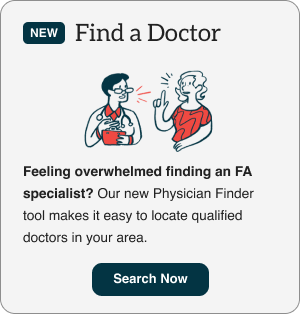Figuring out the right way to explain my FA symptoms to others
Conversations with strangers can be an opportunity to raise awareness

Deciding when to disclose certain aspects of my life, and to whom, can sometimes be challenging. Although I’ve got a handful of things I don’t necessarily advertise, my living with Friedreich’s ataxia (FA) can be a bit glaring when I meet people for the first time.
When I’m walking with a rollator, it’s evident to others that something is different. The same is true when I engage in a conversation. My mobility aid and slurred speech indicate that I’ve got a health issue.
But FA is less noticeable when someone catches a glimpse of me sitting at a coffee shop or driving.
I’ve known about FA for 16 years, and many of my symptoms have been noticeable for at least a decade. FA has been such a significant part of my life that I assume everyone will notice something different about my abilities. I often forget that many people don’t see my rigid and awkward hand and arm movements while I’m sitting down. Yet in my head, I’m convinced that everyone notices something off about me.
Perhaps there’s some narcissism at play here?
Offering a unique perspective
My day job requires me to meet new employees and lead their orientation or some other aspect of their training. I grew comfortable a long time ago discussing my symptoms at the start of my presentations in order to dispel any misconception that I was drunk. I found ways to make this heavy information lighthearted, including having jokes ready to tell.
I think that in most cases, people appreciate an explanation of an obvious issue, even if it’s brief. Over the years, I’ve received a handful of thank-you notes from people who were nervous about the new job or anxious about a disability or abnormal quirk. People have said they find my health disclosures encouraging.
In many instances, my willingness to explain myself benefits everyone. These types of conversations allow me to raise awareness about rare diseases, including my own, and they expose others to a different perspective.
Last week, I met someone who’d just been hired. I was sitting when he entered the room, so my balance issues weren’t immediately apparent. But I knew it was just a matter of time before I’d need to stand up or move about the room. Shortly after everyone in the session was introduced, we needed to relocate downstairs. As we approached the stairs, he paused and turned to ask me, “Would you like help down the stairs?”
That made my day. A young stranger took the initiative to offer to help me with what he had assumed could be a challenge. Although I don’t need help with stairs as long as there are handrails, I appreciated his kindness.
Thankfully, I rarely regret sharing details about my rare disease.
Note: Friedreich’s Ataxia News is strictly a news and information website about the disease. It does not provide medical advice, diagnosis, or treatment. This content is not intended to be a substitute for professional medical advice, diagnosis, or treatment. Always seek the advice of your physician or another qualified health provider with any questions you may have regarding a medical condition. Never disregard professional medical advice or delay in seeking it because of something you have read on this website. The opinions expressed in this column are not those of Friedreich’s Ataxia News or its parent company, BioNews, and are intended to spark discussion about issues pertaining to Friedreich’s ataxia.









Comments